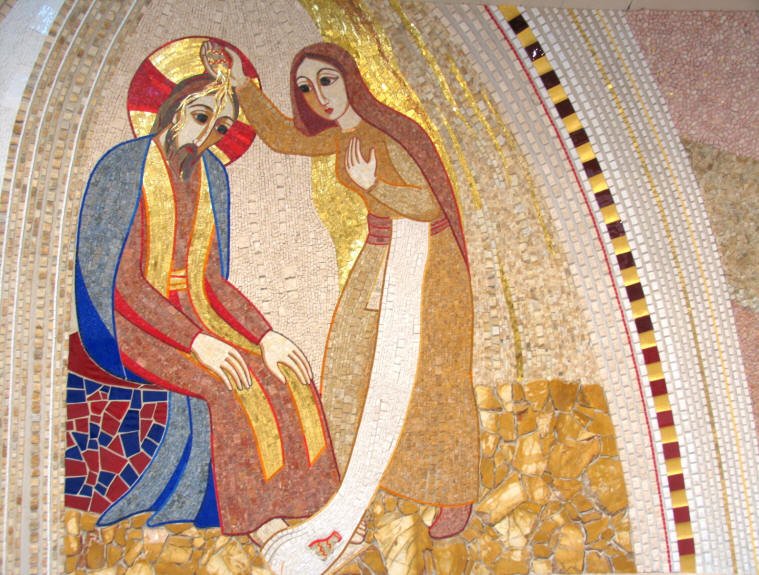“You will always have the poor among you”
“You will always have the poor among you,” Matthew 26:6-13, Mark 14:3-9.
Some have interpreted this observation of Jesus as diminishing the impact of the social ethic of the Gospels. Some have used these words to justify subordinating social ethics to acts of worship.[1] US Representative Roger Marshall (Kansas) recently used this text in his effort to argue that many poor and homeless people don’t want to receive healthcare.[2]
The context of this saying is Jesus defending the woman who anointed him at Bethany. The disciples had criticized the woman, suggesting that the ointment she used could have been sold and the money given to the poor. The disciples’ criticism of the woman actually displays a strong positive ethic for sharing material goods with the poor, observed by Jesus’ followers. This is the disciples’ assumption here. Jesus is quoting from Deuteronomy 15:11 (ESV), where the same observation is offered as the motivation for open-handed generosity: “For there will never cease to be poor in the land. Therefore, I command you, ‘You shall open wide your hand to your brother, to the needy and to the poor, in your land.’” Thus, rather than a resignation to the reality of poverty, Jesus’ words anticipate that his disciples will always be acting as kin to the poor. This is to be a defining feature of Jesus’ followers.
In terms of the woman’s actions, Jesus is saying that she rightly honors Jesus at the very moment when the rulers plot to strip him of all honor.
For further discussion of ethics in the gospels, see our book Refuge Reimagined: Biblical Kinship in Global Politics, Chapter Four.
[1]For a discussion of this scholarship see Wolfgang Schrage, The Ethics of the New Testament, trans. David E. Green (Edinburgh: T&T Clark, 1988), 71-73.
[2]Abigail Abrams, “GOP Congressman Says the Poor ‘Just Don’t Want Health Care,’” Time, March 9, 2017.

